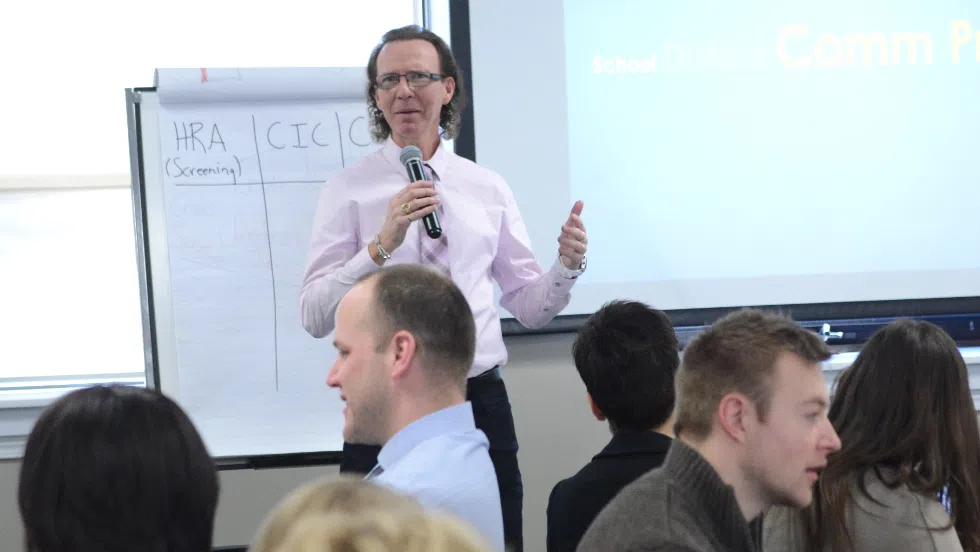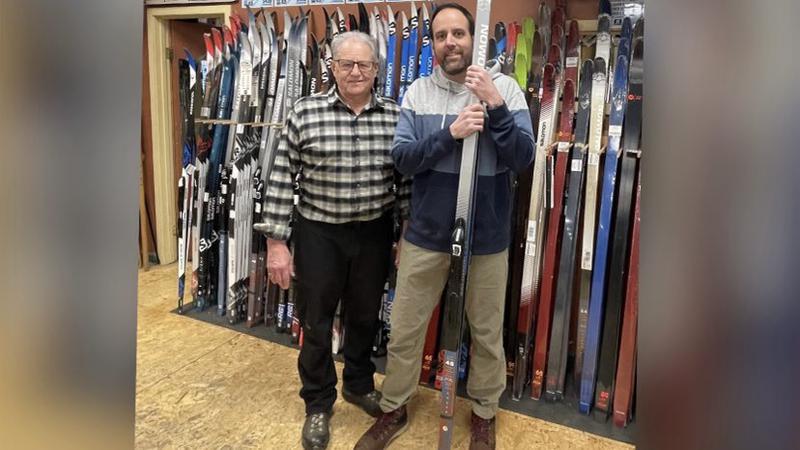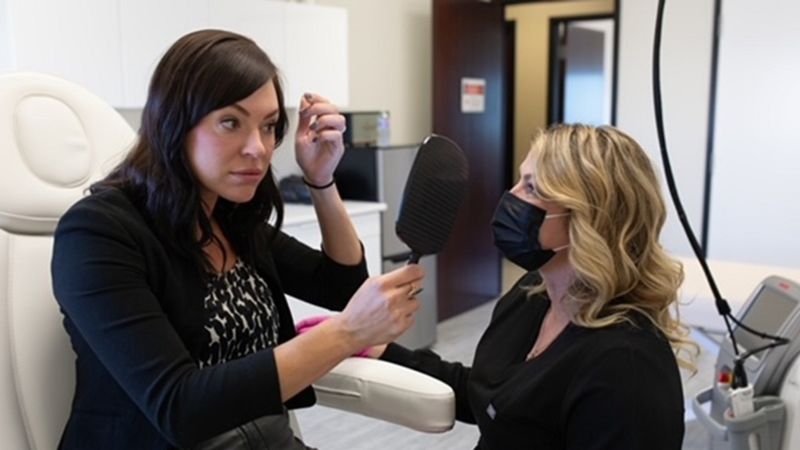
Expert on school shootings hosts workshop
An expert on school shootings is encouraging open dialogue in the wake of the deadly attack in La Loche more than a year later.
More than a hundred people from a variety of backgrounds including police, social workers, addictions workers and educators attended a four-day workshop with Kevin Cameron, the executive director for the Canadian Centre for Threat Assessment and Trauma Response.
On Friday, Cameron provided training on trauma response at the Sask. Rivers School Division office.
This workshop, which was a jointed effort by the city’s two school divisions, follows more than a year after a deadly school shooting in the community of La Loche that left four people killed and seven others injured.


